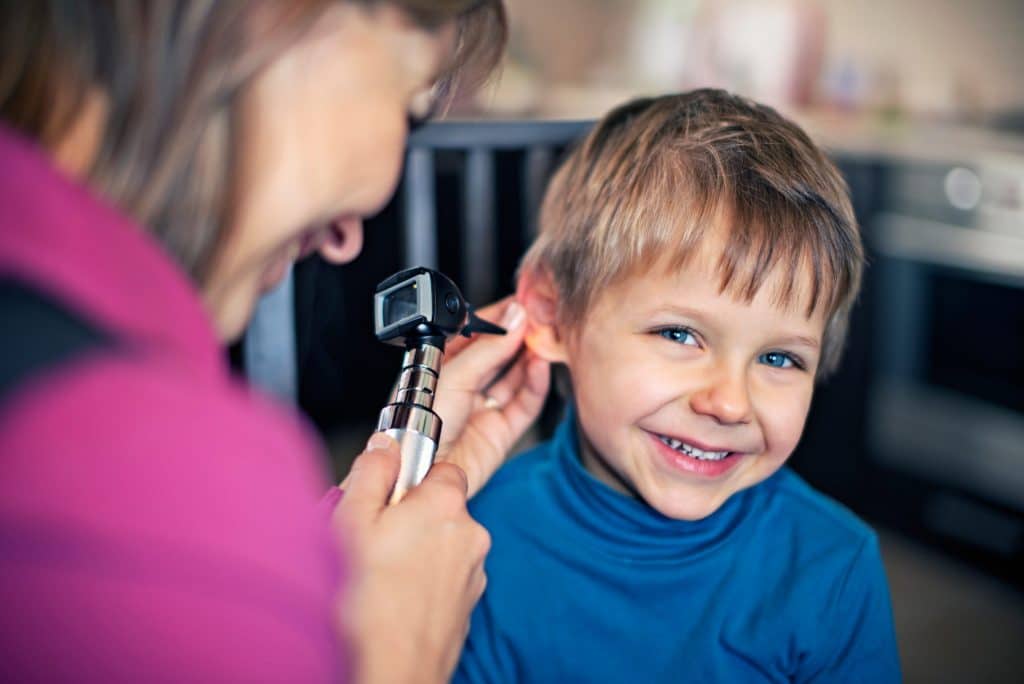Story of Hope: Renee Ariens
Story of Hope: Renee Ariens
Renee Ariens has been a CASA advocate since July of 2017. She was assigned a case to advocate for Tom who came into care in the late summer of 2018. He was a quiet fourteen-year-old, very reserved in social situations. Renee’s most impactful work was advocating for Tom’s hearing loss. Through conversations with Tom, Renee determined that Tom had been aware of problems with his hearing for many years, but he had never been assessed by a physician.
In early 2020, Tom was taken to a doctor. His ears were full of wax, so they were cleaned out in the hope of helping his hearing. Renee pressed for further investigation when Tom reported no real improvement after the ear cleaning.
In early 2021, Tom was taken to an ENT who noted no additional deterioration in his hearing but did recommend further testing and referred him for hearing aids. Additional testing was completed in the spring, and it was discovered that Tom lacked a cochlear in his left ear and had no hearing on that side. Once again hearing aids were recommended.
Renee continued to follow up with Tom’s caseworker and placement throughout the summer and fall regarding an appointment for hearing aids. By the time an appointment was finally made, Tom had turned 18 and his health insurance would no longer pay for hearing aids. Neither department nor the placement had funds to pay for them. Through a grant, CASA was able to purchase the hearing aids for Tom which were fitted for him in January of 2022. People in the room cried as a big smile crossed his face when he realized he could hear clearly for the first time.
Tom is now much more confident at school, responds to questions more readily, is more engaged, and is more social with his peers. He says he can hear better and just feels great. Thank you to Renee’s advocacy Tom was able to receive his hearing aids and gain confidence.









